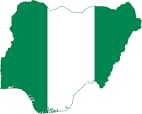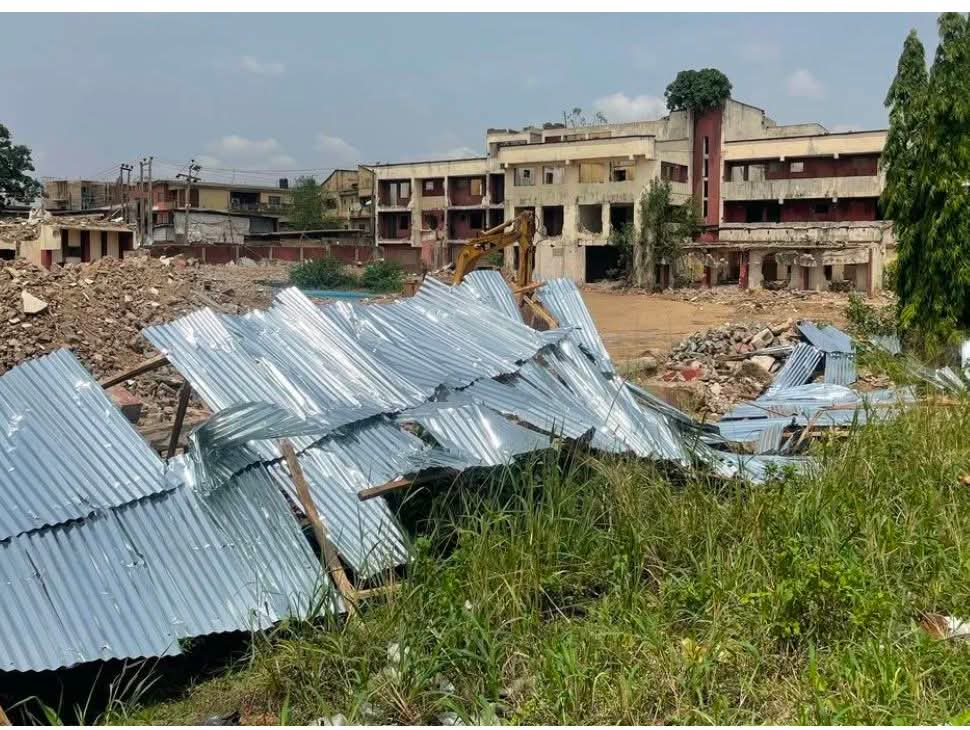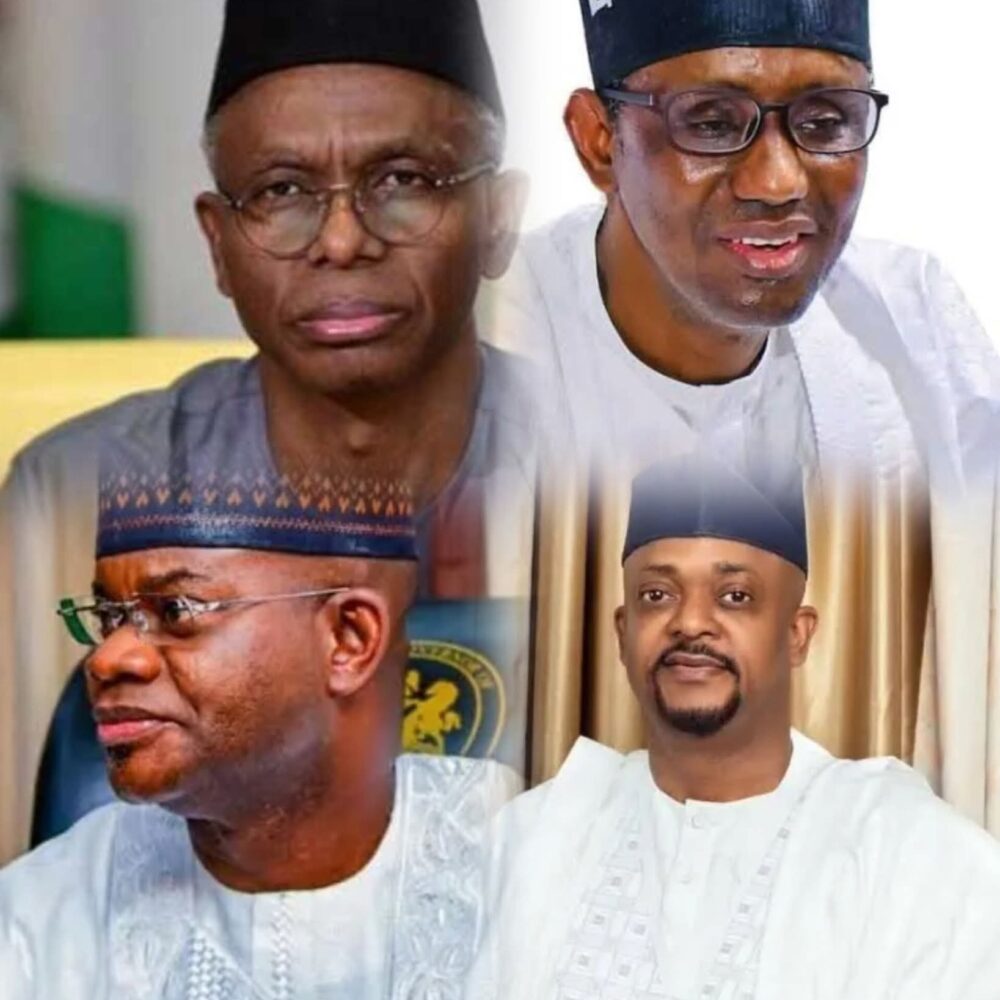Since all politics is local, as they say, it is only appropriate to study closely the impact of the global crisis of the state we have been tracking on Africa’s most populous state. Like most African nations, Nigeria has been badly hit by the multi-dimensional effects of Covid-19 and the Ukrainian conflict. Economies already rendered parlous by the twin-combination of corruption and inefficiency have been further devastated by rising energy bills and critical shortages of wheat, rice and cooking oils.
Stagflation—evaporating purchasing capacity and galloping inflation—the like of which has not been seen has become the order of the day. Richly endowed African nations which ought to have stepped forward to reap the bounties and windfalls of the Ukrainian shutdown by filling the gap have become helpless victims of the war.
Nigeria has seen its capacity to earn substantial revenues from petroleum products dramatically reduced by massive theft of the black gold from source and the multiple siege on the state by local and external insurgency which has made even subsistence farming a brave proposition. But for the legendary luck of the nation, apocalyptic famine would have set in.
The Nigerian circumstances are however unique and exceptional in the sense that it is holding its most consequential elections since the military went back to the barracks in the most precarious and desperate of circumstances. Four significant drawbacks can be isolated. First is the rising insecurity in parts of the country which has raised the possibility of cancellation or the postponement of elections in those parts of the country.
Second is the absence of elite consensus on the conduct of the elections or even their desirability. Successful elections are anchored on substantial elite consensus which boosts the legitimacy of the outcome and their general acceptability. The elite consensus on which the Fourth Republic is anchored has been carelessly mismanaged. Never have the Nigerian political elite been more polarized and badly divided.
The third drawback flows from the second. Not even during the First Republic have elections been marked by this degree of rancor and divisive rhetoric. Fake news which threaten the security of the nation to its foundation, character assassination, the peddling of dangerous rumours that could lead to ethnic and religious conflagration and the deployment of fake statistics to score cheap political points have been the order of the day.
Finally, there is the ongoing acute scarcity of petroleum products combined with what can now be described as the debacle of currency change. All this has rendered tempers very brittle, leading to the possibility of a social explosion at a very critical conjuncture for the nation. A leading candidate has already
Consequently and a few weeks to the elections, an eerie chill has descended on the political arena. This is irrespective of the excitability and volatile nature of many of the political combatants. There are many who believe that this time around, we are pushing our luck too far. There is nothing so fundamental and ideologically irreconcilable about the positions of the leading actors which ought to warrant the level and degree of personal hostility and mutual intolerance exhibited so far.
The assassination of politics and the art of give and take, of compromise, consensus and conciliation portend grave danger to the polity and is the greatest threat to the continued survival of the Fourth Republic and the postcolonial state as we know it in Nigeria.
The Nigerian political class does not seem to have the capacity to learn from history. After the federally engineered impeachment of Balarabe Musa, the PRP governor of Kaduna State, Abubakar Rimi, the sole surviving PRP governor in Kano State, having ditched Malam Aminu Kano, his benefactor and ideological patron, felt sufficiently embattled to issue a query to the revered Emir of Kano, the late Alhaji Ado Bayero whom Rimi suspected of flirtations with the federal government.
The query was met with widespread protests in the volatile city which saw Kano descend into a wild orgy of arson and assassination during which Dr Mohammed, Rimi’s ideological master strategist, was burnt to ashes in his bath. The protests signposted the beginning of the end for Abubakar Rimi’s political suzerainty over the Kano metropolis.
But the real query was coming for the much admired emir and from the emergent military rulers of Nigeria that were waiting in the wings to profit from the political chaos. The emir and his bosom friend, the late Ooni of Ife, Oba Okunade Sijuade, were later restricted to their respective palaces for six months by the federal authorities for unauthorized communion with the state of Israel.
This was not the end of the matter. There is a bitterly ironic twist to unfolding history. After Rimi, now humbled and humiliated by political adversity, was sentenced by a military tribunal to a humongous time in jail, he alluded to a superior judgment hovering in the air. Not long afterwards, the military regime of the then Major General Mohammadu Buhari was swept away by a rival power faction.
Based on a reading of the political barometer of the nation, elections will hold next month however the shambolic arrangement and preparations. Those who are currently huffing and puffing about, threatening that they will prevent elections from holding in their ethnic strongholds ought to know the consequences of such political folly. The Nigerian Leviathan does not care a hoot about self-disenfranchised entities and enclaves. If the balance of power remains as it is, the illusion of order must proceed willy-nilly.
The real problem will arise if the elections fall short of general acceptability or is adjudged as falling short of substantial compliance with the electoral provisions. A lot will depend on an electronically sound and technology-savvy INEC. Mahmood Yakubu and his colleagues ought to have invested in the latest spy ware. The possibility of an electronic violation of the fundamental integrity of the elections by rogue elements remains very rife. If that were to happen, politics itself will be added to the casualty list.





